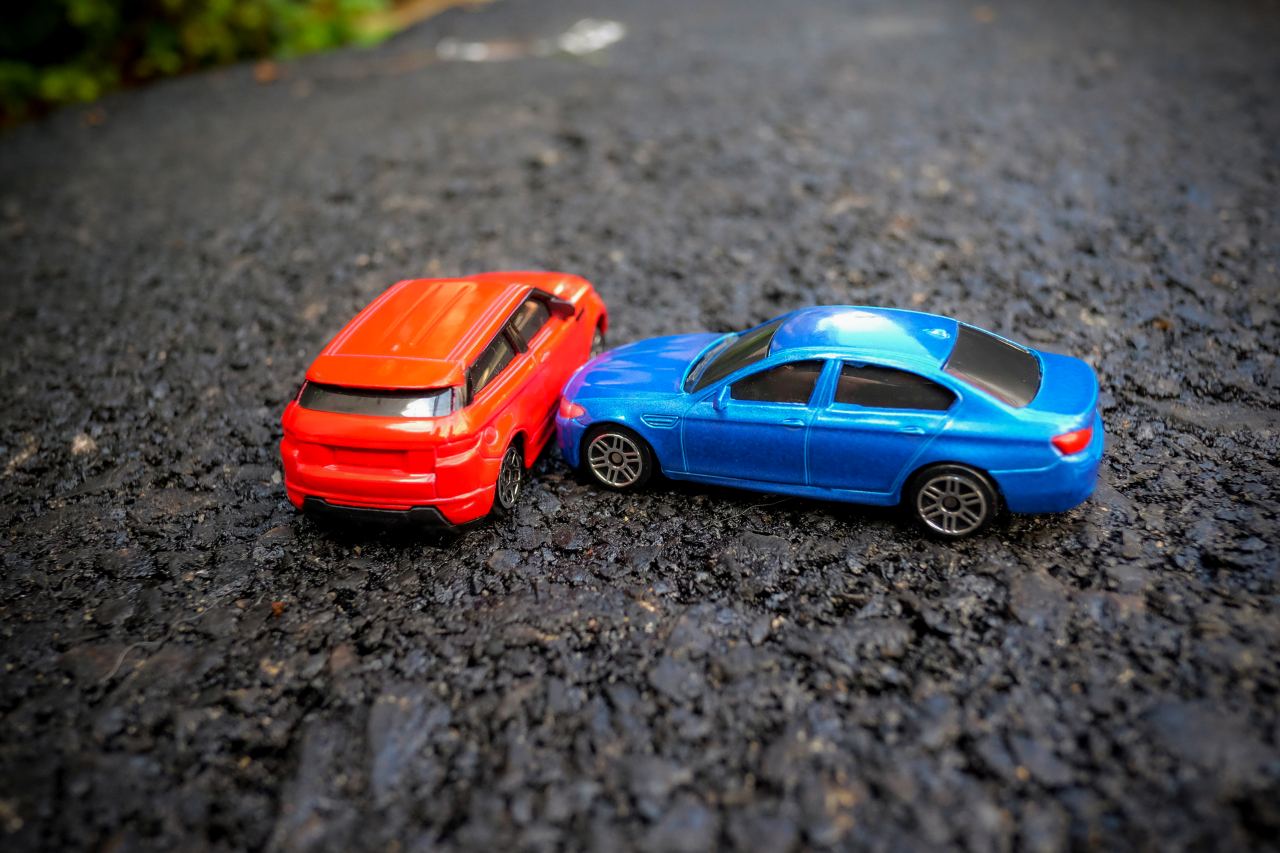
You're driving along—everything's normal—when suddenly, a car pulls out in front of you. No warning. No time to react. You slam the brakes, maybe even swerve, but it’s too late. You collide. Now you're sitting there, likely shaken, wondering: if someone pulls out in front of you and you hit them, is it your fault UK law-wise?
That question pops up more often than you’d think, and the answer isn’t always black and white. Let’s explore how fault is determined, what steps to take, and where to turn for guidance.
UK road laws revolve around the principle of duty of care. Every motorist must act in a way that minimises risk to others. That means if a driver pulls out—whether from a junction, a driveway, or a side road—they’re legally obligated to make sure the coast is clear.
So, when someone pulls out and you hit them, chances are they’ll be held liable. But it’s not automatic. The key question is whether you could’ve avoided the collision. Were you speeding? Distracted? Too close to stop safely? If the answer to any of those is yes, liability might be split.
This scenario often leads to debates between insurers, and sometimes even a 50/50 settlement. It all hinges on the evidence, the circumstances, and whether both drivers fulfilled their legal responsibilities. Traffic camera footage, dashcam recordings, and honest witness accounts can tip the balance either way.
This is where being proactive pays off. After a collision:
Photos of the damage. Skid marks. Dashcam footage. The position of both cars. Even the weather can play a part. And don’t forget witnesses—their version of events can be surprisingly powerful. Was the other driver accelerating out of a junction without looking? Did you have right of way? These things matter.
If you're in shock, it’s understandable—but if you can, try to make notes on the scene, as memory tends to blur quickly under stress. Even jotting down the time of day, traffic levels, and nearby street signs can be valuable later.
Regardless of fault, always notify your insurer. Failing to do so might put your policy at risk—even if you don’t intend to claim. It helps establish a record of the incident and ensures you’re covered in the event the other driver decides to pursue a claim.
The process can get messy—especially when you’re trying to recover physically or emotionally. That’s where professional post-accident help and coordination can really make a difference. We’re used to dealing with the paperwork, managing repairs, and negotiating with insurers—so you don’t have to juggle it all yourself.

You might be surprised to learn: yes, you can. If the other driver pulled out without checking it was safe, and you had no reasonable chance to stop, you may be eligible for compensation. That’s true even if your vehicle made contact with theirs—liability depends on context, not just position.
This could include:
No one wants to be stranded in the pouring rain while their car is hauled off. We’ll arrange a like-for-like replacement vehicle, typically the very same day. You shouldn’t have to settle for less comfort or capability while yours is in for repair.
We only work with BS10125-accredited repairers, so your car is treated right—with manufacturer-approved standards and a lifetime guarantee. We aim for speed and quality, because a rushed job can often cause more trouble later on.
From whiplash to more serious injuries, we’ll help assess your case and seek fair compensation. Don’t brush off aches and pains—some symptoms appear days after the crash. Medical records and assessments will support your claim.
Split liability happens more than you’d expect. Maybe the other driver pulled out too quickly, but you were going faster than you should’ve. In that case, insurers might assign a fault ratio—say 70/30 or 60/40.
This impacts how compensation is calculated. If you're deemed 30% responsible, you’ll receive 70% of any payout. It’s not ideal, but it’s better than nothing—and a common resolution when both parties share some blame. Legal nuance matters here, so don’t assume your claim is dead just because fault is shared.
For a clearer view on how different levels of damage can affect your claim, check out our guide on comparing minor and major car accidents. After all, understanding how insurers evaluate collision severity can help you prepare better.
So, if someone pulls out in front of you and you hit them, is it your fault UK law-wise? Not necessarily. If they pulled out unsafely and you were driving responsibly, the blame likely falls on them. But things can get murky fast, especially if both drivers could’ve done more to prevent the crash.
That’s why it’s crucial to act fast, gather evidence, and know your rights. And if you need help navigating the aftermath, don’t hesitate. At RTA Claims, we specialise in getting you back on the road—with less stress and more support.
We’re just a call away. And when things feel uncertain, having the right team behind you makes all the difference.